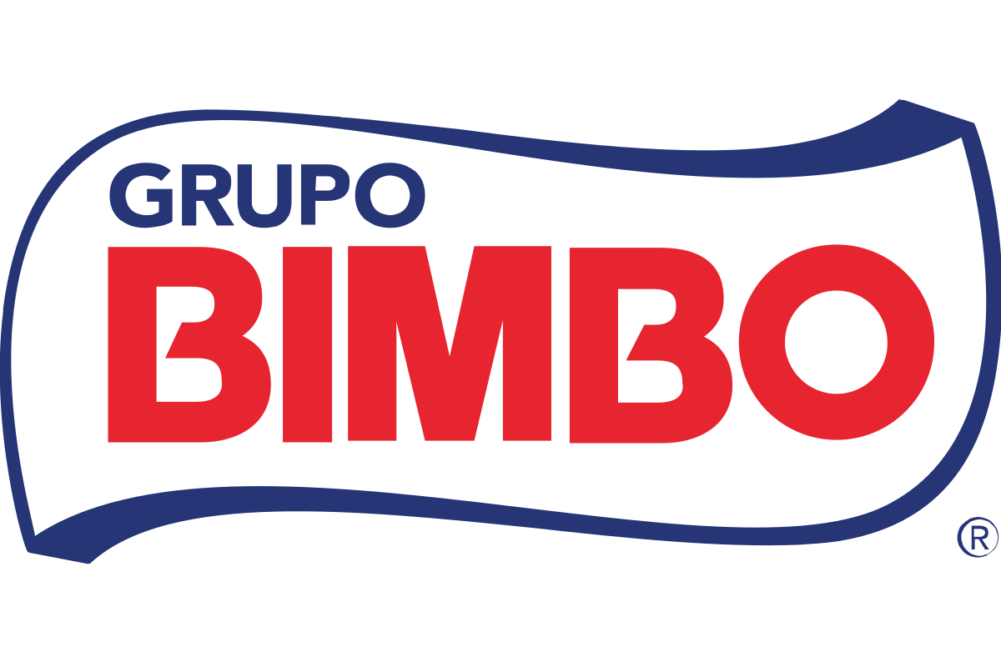MEXICO CITY — Grupo Bimbo SAB de CV aims to make all of its bread, buns, rolls and breakfast items for daily consumption with “simple and natural recipes” by 2025, a sharp step up from the 22% of its portfolio that met the criteria at the end of 2023, according to “Behind our actions,” the company’s annual report for 2023. “Simple and natural” is defined by the company as recipes containing 10 to 15 ingredients, all of which are recognizable. Also over the next two years the company has set a goal to provide “positive nutrition” within all its daily consumption portfolio of bread, buns, rolls and breakfast items, up from 95% of its portfolio that met the requirement at the end of 2023. “Positive nutrition” refers to achieving the Health Star Rating (HSR) target rating according to the product category.
Looking beyond 2025 to 2030, Bimbo has set several nutritional goals, including making 100% of all baked foods and snack offerings featuring natural recipes that are still affordable; 100% of all Bimbo products featuring nutritional and sustainable transparency on its packaging as well as promoting healthier diets through educational campaigns; and 100% of all Bimbo baked foods and snack offerings being made from a variety of whole grains and plant-based ingredients, thus fitting into a plant-based diet.
“The ideal recipe to build better diets is to integrate a variety of foods, respectful with our environment, that provide us with the nutrients we need, without deficiencies or excesses,” the company said. “In this way, we take care of both our planet’s and people’s health.”
Bimbo said it has aligned with World Health Organization (WHO) recommendations from its 2013-2022 Global Action for the Prevention and Control of Non-Communicable Disease Plan. These recommendations include sodium level thresholds being established for all Bimbo product categories with a “priority focus” on daily consumption products (2025 target) and salty snacks (2030 target); creating accessibility and affordability through the company’s wide distribution network across multiple countries; saturated fat levels being established for all product categories with a “priority focus” on daily consumption products (2025 target); guidelines being established for all product categories globally in accordance with WHO guidelines, which include eliminating partially hydrogenated fats and oils and containing less than two grams of industrially produced trans fatty acids per 100 grams of trans fats; threshold levels of added sugar being established for all product categories with a “priority focus” on daily consumption (2025 target); defined guidelines for portfolio development with portion control by 2025, which include limiting children to 200 kilocalories or less per serving for best-selling brands and limiting adults to 250 kilocalories or less per serving for best-selling brands; and establishing positive nutrition parameters based on HSR methodology in all product categories, aiming to achieve 3.5 stars or more in the company’s daily consumption products. In this report, Bimbo stated that 96% of its product portfolio for daily consumption complies with these established nutritional guidelines.
Bimbo also said it will reduce critical nutrients such as saturated fats, trans fats, added sugars and sodium through defined thresholds per occasion of consumption. These thresholds include frequency of consumption in a diet (daily or occasional), the type of target customer (adults or children), and the consumption portion. The expected limit compliance for the daily consumption of critical nutrients consists of saturated fats at 99%, trans fats at 99%, added sugars at 100% and sodium at 97%.
A strategy has been put in place by Bimbo to increase fiber, whole grains, vitamins and minerals in its products.
“We increase these nutrients through defined thresholds for each of these ingredients and nutrients per occasion of consumption,” the company said. “A minimum level of 3 grams of fiber per 100 grams of product by 2030 was determined for white breads, buns, and rolls (with an intermediate threshold at 2025 of 2 grams of fiber per 100 grams of product). For whole grain breads, buns, rolls, and tortillas, products should be a good source of fiber and contain at least 8 grams of whole grains per serving.”
Reflecting on its efforts, Bimbo said that during 2022 the company worked to increase the fiber and whole grain content of its products described as “whole grain,” while in 2023 its efforts extended to include its white bread offerings.
“White bread is one of the products most widely accepted by our consumers due to its versatility, which is why it is incorporated into their daily diet,” the company noted in the report. “We defined a 2030 target to increase the fiber content of the ‘contains fiber’ standard defined within the CODEX food code (3 grams of dietary fiber per 100 grams of product) for this type of bread. We also set an intermediate 2025 target of 2 grams of fiber per 100 grams of product. Dietary fiber is one of the most relevant nutrients in our consumers’ diets, and there is sufficient evidence on the lack of its consumption in different populations.”
Bimbo has set a goal to make 87% of its white bread, buns and rolls with at least 2 grams of dietary fiber per 100 grams of product.

